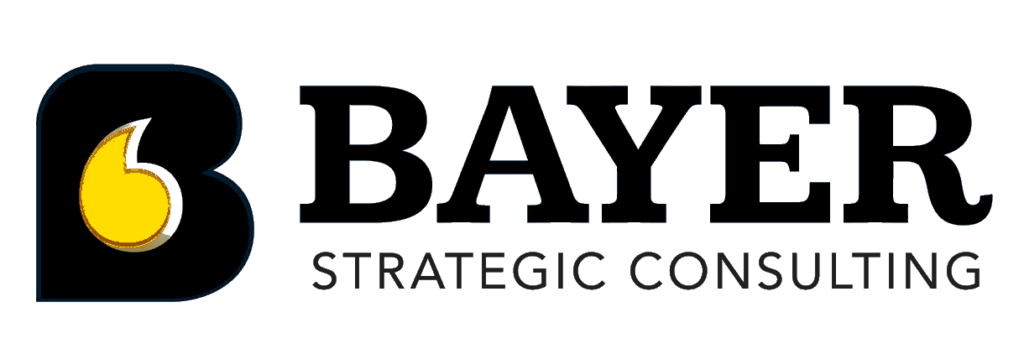The term soft skills are in no way judgmental but many employers will prefer to describe it as professional skills, personal skills, collaboration, and communication. Irrespective of how it is described, it is almost unanimously accepted that soft skills are crucial in today’s workplace, especially in the life sciences. When asked what these soft skills are, employers tend to narrow it down to communication and team building. However, Karla Talanian and two of her colleagues found through their research that there are more to soft skills than commonly thought.
Karla Talanian is the Director of Talent and Workforce Development, as well as the Manager of Labor Market Research at MassBioEd, an educational nonprofit whose mission is biotechnology, education, and workforce development. MassBioEd is a not-for-profit organization founded in 1985 that represents and provides services and support for the world’s leading Life Sciences supercluster. It has a membership of more than 1200 biotech companies, academic institutions, disease foundations, and other organizations involved in life sciences and healthcare.
Prior to joining MassBio, Karla served as Biomedical Careers Program Manager at Just-A-Start Corporation where she trained adults of high potential and low opportunity for careers in the biotechnology, pharmaceutical, and clinical life sciences industries. Karla also has taught math and served as Associate Director of the Russian School of Mathematics in Framingham, Massachusetts.
Karla earned her MBA and Master’s Degree in Biotechnology from Worcester Polytechnic Institute and her BA in chemistry from Smith College.
What You’ll Hear On This Episode of When Science Speaks
[01:02] Mark welcomes his guest, Karla Talanian
[02:57] Karla explains the origin of the term soft skills and why they used the phrase in their article title
[06:56] Why biotech firms are more inclined to focus on soft skills versus technical skills and which specific skills they look for when hiring someone
[12:05] Karla shares why the executives they interviewed found it hard to define what soft skills were
[14:57] Why it’s a challenge for biotech executives to find talents with soft skills and why having a growth mindset is crucial when looking for people with soft skills
[17:57] Karla talks about her plans for the future in relation to her research on soft skills
[20:37] The importance of addressing the soft skills gap in the field of Science
Connect with Karla Talanian
Soft Skills in the Life Sciences Op-Ed
Understanding What Soft Skills Truly Are
Soft skills are underrated and yet a lot of employers in science consider these skills to be an important factor when looking to hire someone. The reason why it’s grossly underrated is that employers themselves do not know how to accurately define what soft skills they are looking for in a potential candidate.
Karla Talanian and her colleagues did research on the role that soft skills play in the Life Sciences and their studies proved one of many things: that it plays an essential role in expanding and growing a field that’s often perceived as focused solely on technical skills alone. They traced the origin of the term soft skills and figured out why there was a discrepancy between people’s understanding of it and its application in any particular field.
Finding Talents with Soft Skills in the Life Sciences
Finding people with soft skills is a challenge for many employers particularly because of the notion that the sciences are all about technical skills and that everything else is secondary. But the research done by Karla’s team found out that biotech firm executives are actually more inclined to find people who fit somewhere in the S.O.F.T. quadrant which is where the term “soft skill”s came from which are Self, Others, Feelings, and Think.
But while it is a challenge to find people with the perfect fit, it isn’t impossible because these skills, though not innately present, everyone has the ability to learn these skills over time. The key factor? Growth mindset or the determination to improve and grow as a person and to have the ability to discard those things that are holding you back. And this, Karla says, is crucial in helping close the soft skills gap in the field of science.
Learn more about Karla Talanian on this week’s episode of When Science Speaks.
Connect With Mark and When Science Speaks
On Twitter: https://twitter.com/BayerStrategic
On Facebook: https://www.facebook.com/Bayer-Strategic-Consulting-206102993131329
On YouTube: http://bit.ly/BSConTV
On LinkedIn: https://www.linkedin.com/in/markdanielbayer/
On Instagram: https://www.instagram.com/bayerstrategic/
On Medium: https://medium.com/@markbayer17
Subscribe to When Science Speaks on Apple Podcasts or Stitcher
